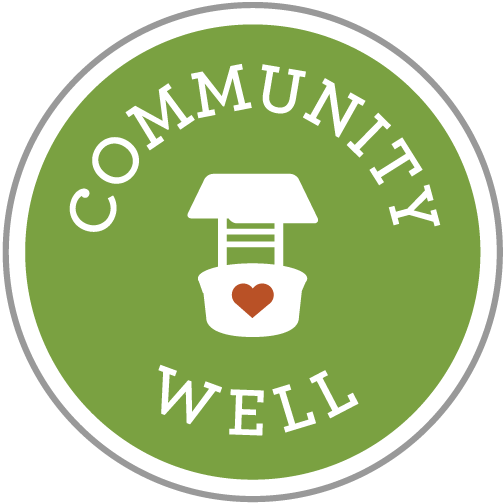Preschool is the New College
/By Troy Flint
Every parent wants the best for their child. What’s harder to determine is where the line between good, supportive child rearing ends and obsessive, hover-parenting begins. Few topics blur that line more than education. If you ever want to feel ridiculous, I encourage you to debate the merits of schooling for three-year-olds.
Even reasonably well-adjusted parents can turn neurotic when the subject of schools comes up. I work in education and consider myself to be a fairly chill parent 9 I’m not expecting my child’s preschool to be a launching pad to Stanford and we didn’t choose a school based on test scores, Great Schools ratings, or the locally sourced cuisine they serve at snack time. We weren’t looking for “prestige” school and pricewise, we ended up with a middle of the road option. And yet, we just agreed to pay more for one-year of preschool than I did for four years of college. (Unfortunately, there are no scholarships or financial aid for preschool). It’s absurd to contemplate really, and more than a little embarrassing, but we’re lucky to have had this choice. The angst over which school to pick is a decidedly champagne problem. For many families, quality preschool options are out of reach, especially here in California. That’s a travesty when the well-being of children is at stake. So, when I find myself fretting about the educational prospects of my children, I try to remind myself of two things: one, with the resources and advantages they have, they’ll be fine; two, my time and concern is better spent working to change systems that deny families access to preschool.
Most people realize that the early years are critical to a child’s development. The years before kindergarten are a time of dramatic growth when children develop the neural pathways, social skills, and self-confidence that provide the foundation for academic success. Not all children benefit equally from the stimulation needed to fuel that growth. By age three, children from high-income families have vocabularies twice as large as their peers from low-income families, a head start that advantages more affluent children throughout the rest of the lives. In California, the state with the greatest percentage of children living in poverty, the disparities between outcomes for poor students and for their wealthier peers is among the nation’s largest. That’s in no small part because low-income children here have fewer opportunities to prepare for kindergarten than kids in other states. In a recent study, Stanford researchers wrote that, “California’s poor performance relative to that of other states lies not in the gains students make from third grade on, but in the disproportionate achievement gap when children enter kindergarten. Efforts to close the achievement gap clearly need to begin long before school entry.”
That’s a preschool problem everyone should be worried about. It’s why California should implement universal Pre-K and establish a continuum of care and enrichment for all children from the ages of 0 to 5. It’s the best investment we can make in our children and in this state’s future.
Photo by Aaron Burden

